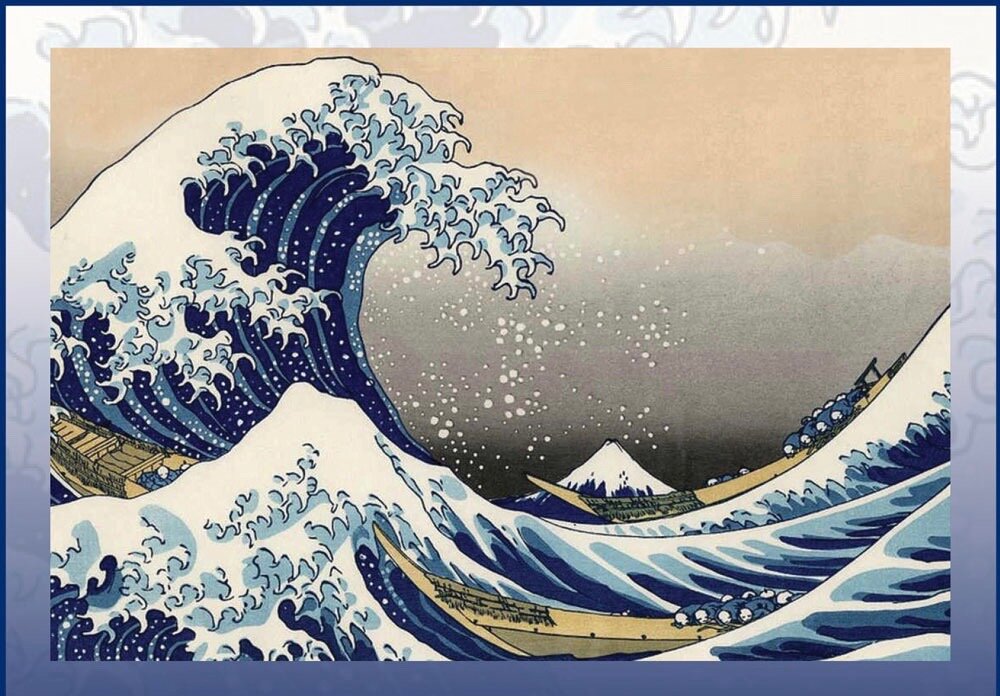In this morning’s meditation, I was reminded of a conversation I had with a meditator about bring our selves as we are to our practice. It really is an old-fashioned come-as-you-are party - pajamas, hair smashed to the sides of our heads, preoccupied by the endless fascination of our phones…however it is right now.
I was sitting in meditation and noticing how persistently busy/wild my mind was. I could feel the energy of distraction as a powerful force. My first thought was, “This isn’t going to go well today. I’m too distracted, I’ve taken too many days off and now I’m paying for it. So I might as well go do something else and wait for a better time.” Then I stopped and remembered this conversation about bringing our minds as they are in this moment to our practice - about not having to straighten up our minds, get in the right mood, maybe even practicing to get ready for practice! Don’t get me wrong; there is definitely a wholesome use to practicing to practice. But it’s really just showing up for practice.
I realized what I was really saying. I meant I wanted to wait for a better mind. And yet this was the mind I had. So I said to myself, "OK, can I bring this super busy mind to practice this morning?" And as I turned my awareness to my super busy mind, I had a revelation. I saw the suffering in it. Being distracted is suffering. And we can practice with suffering.
So I turned toward loving kindness and compassion. Sharon Salzberg who brought loving kindness back to the west in the 70’s says:
Loving kindness is a meditation practice that is a way of experimenting with our attention. What do we pay attention to? Who and how do we pay attention? If we’re in the habit of fixating on what we’ve done wrong, the thing we didn’t say right, the exercise or the experiment of lovingkindness would also be to open to the good within us. It’s not trying to pretend that everything’s good, everything is perfect, that we have no problems. But we can have a truer picture of who we are, we can open to what’s good with us.
Rather than seeing it as a meditation where we’re trying to pretend to feel something we actually don’t, or that we like everybody when we actually don’t, it’s an exercise in paying attention. The power of the practice is the gathering of our attention.
For me, letting go of trying to have a different mind - maybe the mind I had before I went to Costa Rica - was a huge relief. This is the mind I have now. We think we can step in the same stream twice but the stream is different and all the water is different. This is the water in the stream now - different from yesterday and the day before.
So letting go of what was - and is no longer - is the freedom our practice can bring us.
So consider this an invitation to a come-as-you-are party.

